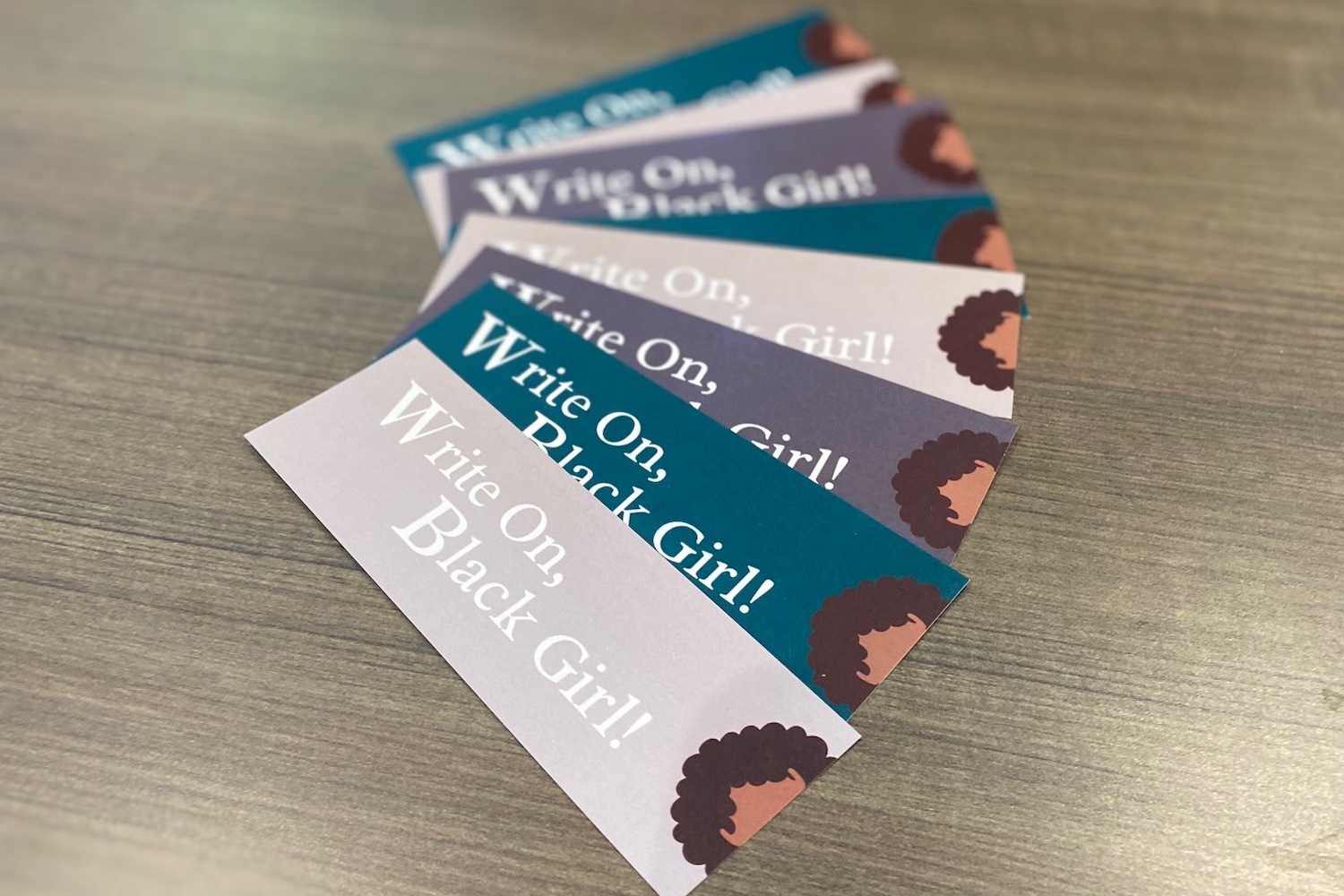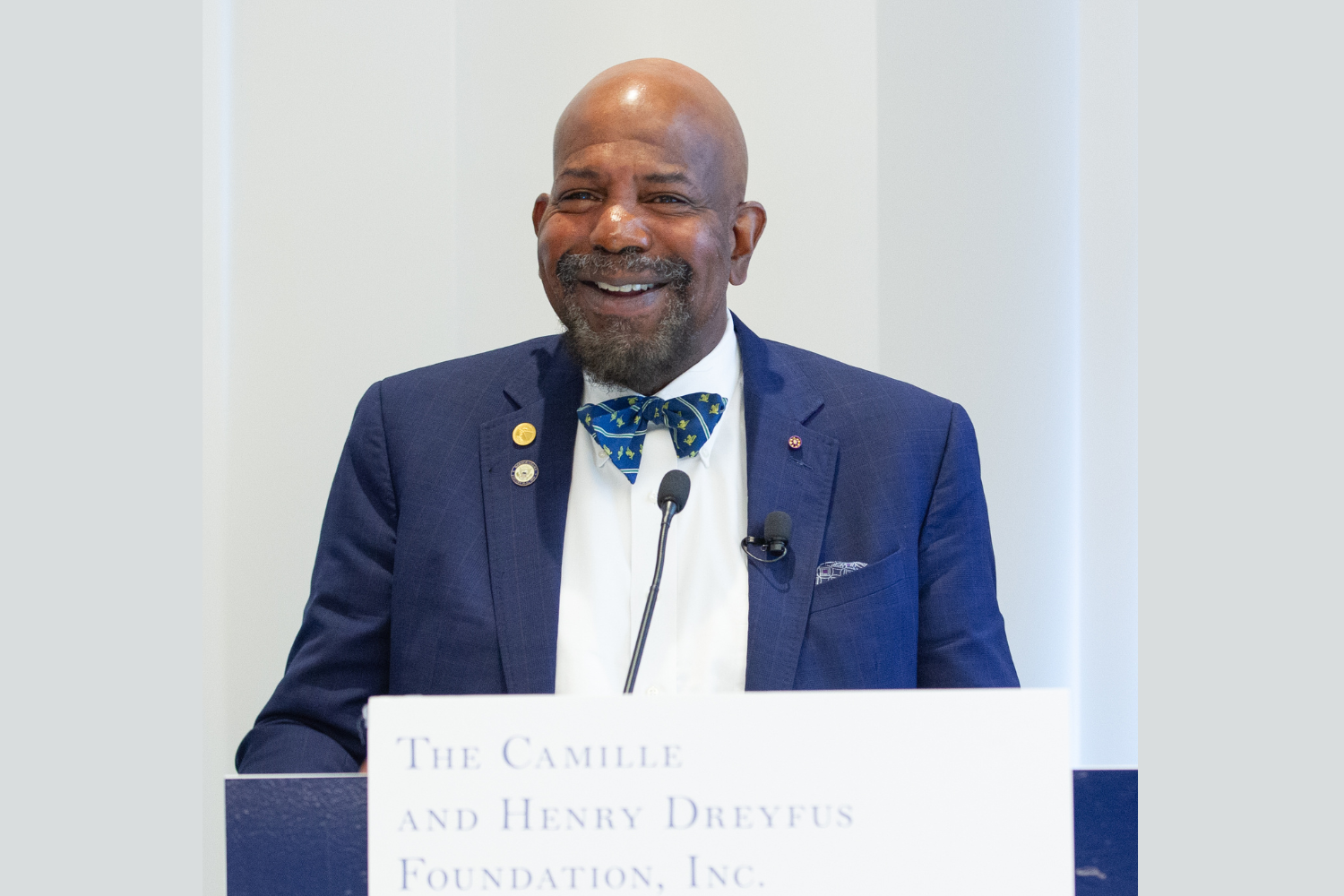
Although some enlist in the military out of a sense of patriotism or in search of adventure, Evan Paradis joined the U.S. Navy three weeks out of high school, wanting a college degree but knowing he couldn’t afford it. He saw the military as his path to a college education.
“I talked to a recruiter who told me about the new GI Bill and the bonuses you could get for college,” says Paradis, now a UConn undergraduate. “My goal was to get a degree. I didn’t really know what for, but I wanted to do that. The only way I could see that it was feasible was either by taking out a lot of loans or by going into the military. So I went into the military.”
Taking on the most challenging technical job he could find in the Navy – operating the nuclear reactors that power aircraft carriers – he worked aboard the USS Enterprise as part of a six-year service commitment. “I wanted to get out there and throw myself in the situation and see how I responded to it,” says Paradis, now 25.
Having endured grueling hours in an engine room below deck that could sometimes reach temperatures of 130 degrees, today Paradis has a strong ‘can-do’ attitude about his new life as a student in Storrs.
Paradis spent three deployments in the Persian Gulf on a ship with more than 5,000 other service members. Here at UConn, where he is pursuing a major in history, he welcomes demanding assignments, lengthy papers, and final exams. “I want to be here. If I’m going to write a paper, I’m going to learn everything I can while I’m doing it.”
When his tour of duty ended in 2008, Paradis went on to work for FuelCell Energy in Danbury, hoping to take classes on the side while making a lucrative career using the skills he had learned in the Navy. But finding that the job didn’t quite hold his interest and required long hours, he knew he wanted to make school his priority.
“I realized that whatever job I was going to choose for my career, I was going to want to like it,” he says.
At UConn, he has had the opportunity to choose a major and, essentially, a new career.
“I’m going to take advantage of this opportunity and pick the career that I’m going to enjoy,” says Paradis. “Happiness is worth more than money to me now.” He has set his sights on graduate school and a career working as a historian for the federal government.
Ultimately, Paradis says, he gained far more than a college education from the Navy. For one, his military experience allowed him to travel extensively across Europe, Asia, and the Middle East.
“Having been to so many places that are so drastically different than the United States really opens your eyes to the way other people live,” he says. “To be suddenly immersed in an entirely new world really invigorated my interest in foreign cultures, languages, and religions … I feel that I have genuinely enriched my understanding of the world as a whole.”
At the same time, he adds, serving in the Navy gave him the focus and life experience he now needs to make the most of school.
“If I had gone [to college] when I was 18, would I be taking as much from it as I am now?” he asks. “Honestly, I don’t think I would be. I take it a lot more seriously now because I know there’s an actual future that’s behind it. Knowing what’s waiting for you on the other side, you have to prepare yourself. Having a second chance to pick a career, I’d better make the most of it this time.”
This is the third of four articles this week about veterans on campus.
Tuesday: Coming Home to a College Education
Wednesday: The Transition to Civilian Life
Friday: Iraq War Veteran Hopes to Help Improve Military Fitness Programs


